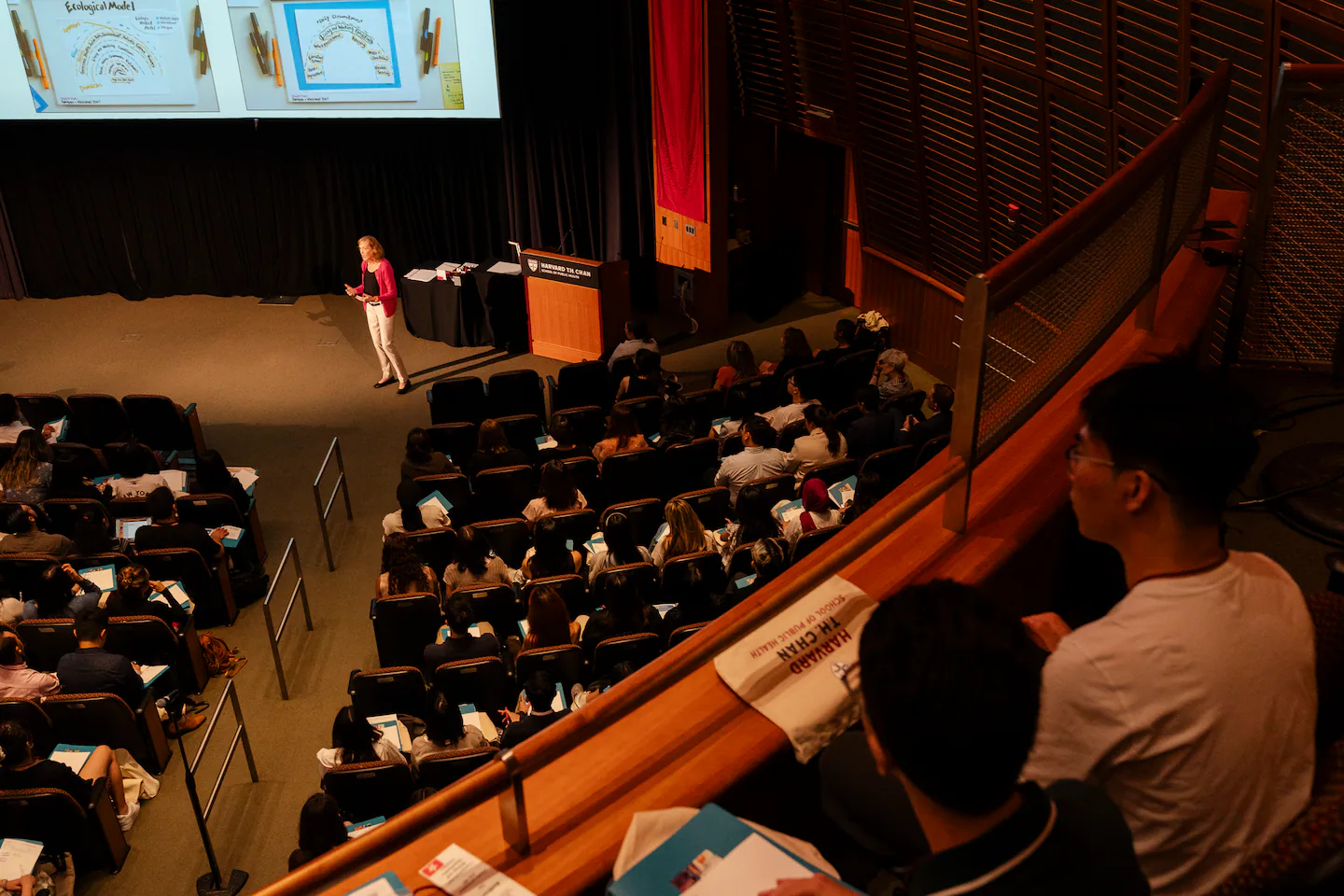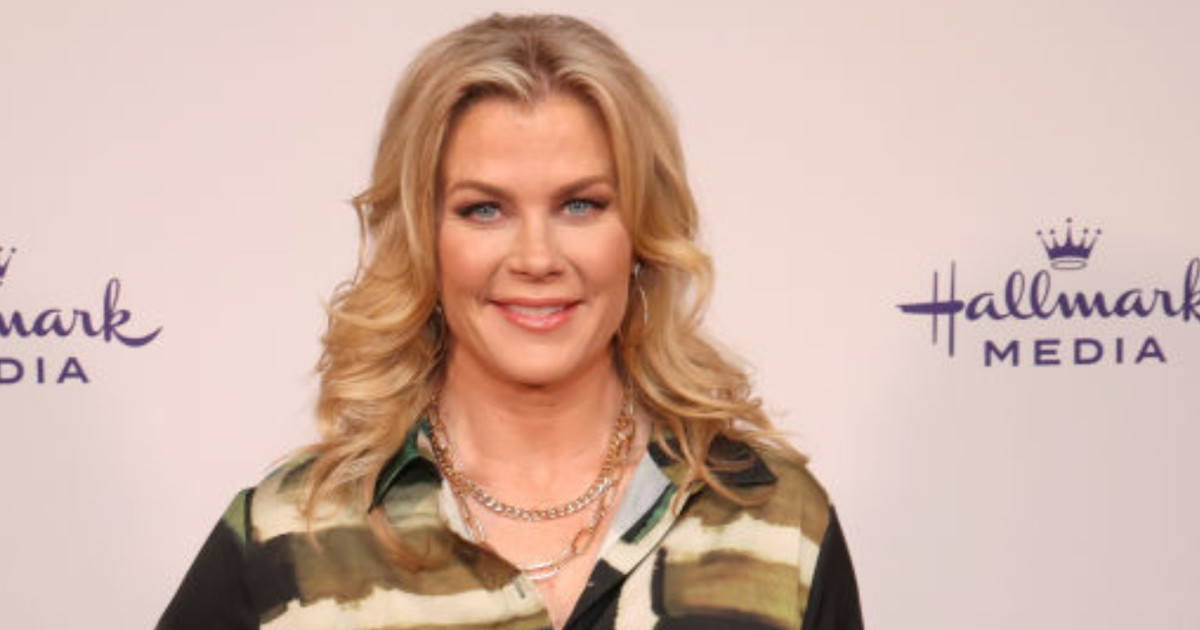Copyright The Boston Globe

Too many students are getting too many A’s, according to an October internal report, which describes the problem of grade inflation at Harvard as a “race to the bottom.” The amount of A’s given out to undergraduates has been increasing in recent years, spurred by online instruction during the pandemic, according to the report, titled “Re-Centering Academics at Harvard College.” “The reason that’s a problem is because it means our grades are no longer giving students the information they need about their performance,” the report’s author, Dean of Undergraduate Education Amanda Claybaugh, told the Globe on Wednesday. Far too many Harvard students believe that grading should reflect the effort they put into a course rather than the quality of their work, or their mastery of academic materials, Claybaugh said. Overall, Harvard’s grading practices have led some students to believe that their courses aren’t pushing them to challenge themselves. “When the median grade is an A, academics can start to feel, as students sometimes put it, ‘fake,’” the report reads. Professors have told academic deans that they feel deep concerns about ineffective grading practices, Claybaugh wrote. “We have heard from faculty that they don’t feel they can award the grades students have earned,” Claybaugh said in an interview. The biggest spike in grade inflation at Harvard came five years ago, when the number of A’s given jumped from 50 percent of all grades, to 63 percent. Then the number of A’s students got in 2021-2022 declined but climbed higher in more recent years, according to Harvard’s Faculty of Arts and Sciences Office of Institutional Research. During the 2024-2025 academic year, 60 percent of all grades given to Harvard undergraduates were A’s. The October report comes after officials tasked with strengthening Harvard’s classroom culture released a separate report in January on class discussions and the exchange of different viewpoints. That report found that differing ideas are seldom exchanged in Harvard classrooms, not because the student body isn’t diverse, but because many students opt to skip classes in order to participate in extracurricular activities. October’s grading report similarly highlights the pressures that Harvard students feel to excel outside the classroom, specifically in preprofessional clubs, which students hope will lead to internships and jobs. When earning an A in a class is the norm — and can sometimes be accomplished with minimal effort — Harvard students aren’t incentivized to engage more rigorously with course materials, according to the October report. “Students will do what they need to do to earn an A, but they are seldom moved to do more than that,” Claybaugh wrote. Even worse, students can put in effort and still feel like they’re not growing intellectually, wrote Claybaugh, who crafted her report based on multiple surveys from several years, discussions with campus groups, and interviews with students. “One student lamented that no instructor had ever told her that she could do better work, and several mentioned sitting for finals that they could have aced on the first day of class,” Claybaugh wrote. For the past eight years at Harvard, the median undergraduate GPA was a 4.0, and in recent years, the cumulative GPA cutoff to award highest honors (summa cum laude) to graduating students crept higher and higher, according to data included in the report. So many identical 4.0 GPAs among students could actually be hurting Harvard alumni, according to the report, specifically when they apply to graduate schools. “Increasingly, admissions committees tell us that it can be difficult to tell Harvard students apart,” the report reads. Not all the inflationary pressure is coming from Harvard’s high-achieving student body. The university’s high-achieving teaching staff and professors also feel afraid to give lower grades, according to the report. Many professors worry that grading their classes more harshly could make them less favored among students in course reviews, which in turn could cause fewer students to sign up. From there, the report said, many professors often worry about losing tenure prospects. When so many professors give lots of A’s, “no one wants to be an outlier,” Claybaugh wrote. Some faculty have even foregone conventional grading and implemented so-called ungrading or “contract-based learning,” in which students earn A’s for completing all assigned work. “Indeed, [students] may not even know that the quality of the work is what grades are evaluating,” the report reads. “Grades feel fair to them, they said, when they work hard and get an A, while grades feel unfair when they work hard and don’t get an A.” The report recommends that before the start of next semester, Harvard professors should take a close look at their grading practices over time, in order to grasp how they may have contributed to grade inflation. More classes should require seated exams, Claybaugh wrote, instead of final projects or group projects. With more rigorous demands, students should start earning a broader range of grades, lifting inflationary pressures on professors, the report said. “We’re trying to relieve that pressure so that they can grade as they see fit,” Claybaugh said. After sending the grading report to professors, Claybaugh sent it to students in late October, explaining that Harvard professors were seeking to “re-center academics in the aftermath of the pandemic.” She also addressed concerns from students that changes to Harvard’s grading practices would “ruin residential and extracurricular life.” “Harvard has always been a place with a really unusually vibrant extracurricular life, and we don’t expect that to change,” Claybaugh said in an interview.



